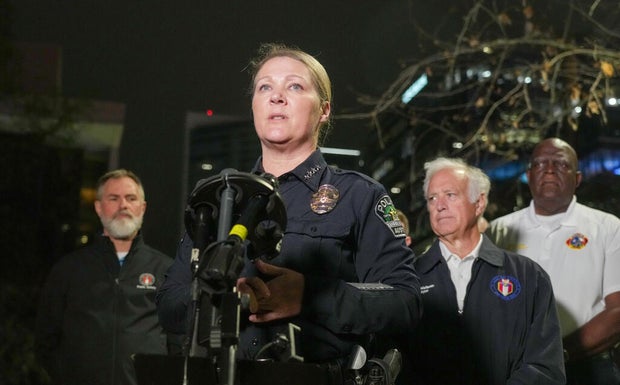Scores of people were killed in Bangladesh over the weekend as authorities cracked down on a new wave of protests, part of an escalating movement demanding the resignation of Prime Minister Sheikh Hasina.
Local media reported that at least 93 people were killed on Sunday in some of the worst violence in Bangladesh in years, as police and supporters of Sheikh Hasina’s ruling Awami League party clashed with protesters across the country of 170mn.
Buildings ranging from government residences to garment factories were set on fire, while many of the dead were shot with live ammunition, reports said. Authorities deployed the army to enforce an “indefinite” curfew from Sunday evening and mobile internet access was cut off.
Sunday’s demonstrations were the most serious flare-up of protests that erupted last month among students opposed to a contentious quota system for public sector jobs that they said benefited Awami League supporters.
About 200 people were killed then, and Bangladesh was plunged into a days-long communications blackout, upending its economy and enormous garment sector. Thousands of protesters were arrested.
Though the Supreme Court subsequently watered down the quota system — which had reserved a third of government jobs for veterans of Bangladesh’s 1971 independence war with Pakistan — the protests have since grown into a broader uprising against Sheikh Hasina’s rule.
Sheikh Hasina, the world’s longest-serving female leader, was re-elected to a fifth term this year in an election marred by the arrests of her political rivals, which critics including the US said tilted the outcome in her favour.
Observers say Sheikh Hasina has grown increasingly autocratic during her two decades in power, using the police and judicial system to harass her rivals, suppress civil society and foster a culture of impunity among allies.
The prime minister doubled down on her criticism of the protesters over the weekend, branding them as “terrorists” who must be “suppressed”. She has sought to blame the protests on opposition parties, including her arch-rival, the Bangladesh Nationalist party, and the Islamist Jamaat-e-Islami, which authorities banned last week.
Once one of the world’s poorest nations, Bangladesh has enjoyed rapid economic development in recent decades, even surpassing neighbouring India in terms of GDP per head. This was in part due to its enormous garments export sector, the world’s second-largest after China and a crucial supplier to brands such as H&M and Zara.
But the country has struggled through a painful slowdown since the Covid-19 pandemic, stoking popular anger towards Sheikh Hasina’s rule and alleged corruption of government officials and loyal business tycoons.
The latest round of curfews and internet blackout will further disrupt the garment sector, which was forced to shut factories and delay orders last month as a result of the crackdown.












































